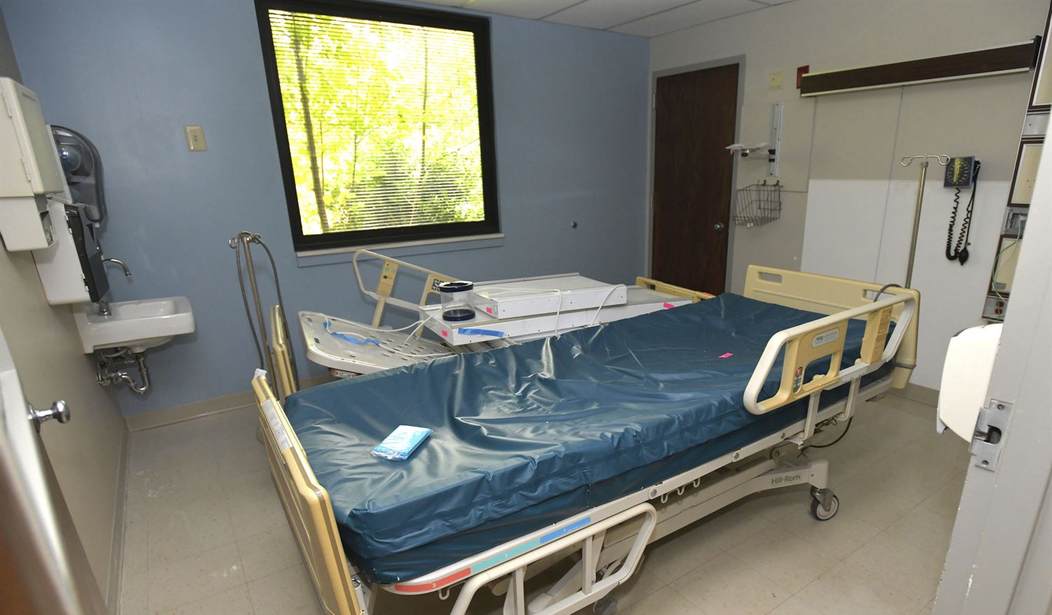The nation’s blood supply is at its lowest in years. The message coming from the Red Cross is “please donate”. The Red Cross has experienced a 10 percent dip in donations since March 2020 due to the pandemic. On Tuesday the Red Cross declared a national blood crisis for the first time.
With staff shortages due to the Omicron variant infecting personnel and blood drive cancelations, the blood supply on hand is low. Doctors are having to make decisions on where the blood is to go. According to its website, the Red Cross states that major surgery, including organ transplants, are being deferred
“This is a full-on crisis right now,” said Kelly Isenor, of the Red Cross of Massachusetts.
The nation’s blood supply is now at its lowest point in a decade, and Massachusetts has been at a critical level since September. There is now a nationwide call for blood donation.
“It’s not that the Red Cross doesn’t appreciate the donors that have answered that call, the inventory just hasn’t responded,” Isenor said.
Coolers at the Red Cross are normally filled with about 10,000 units of blood. But now they’re down to just several hundred. And for some blood types like O negative, they’re down to zero.
“Worst case scenario, there might not be blood available for hospitals to use in the event of mass trauma. Obviously, we don’t want to get to that point. That’s why we’re out here saying that that’s what we’re staring down right now,” Isenor said.
The drop in donations is greatest in student donations. That would make sense because campuses have been closed due to the pandemic so that would halt the organization of student blood drives. Student blood donors accounted for roughly 25 percent in 2019, the year before the pandemic began but during the pandemic that number fell to about 10 percent. Blood donations among students is down 15 percent from 2019. During the pandemic, there has been a 62% drop in college and high school blood drives. Teens as young as 16 can donate blood with parental permission.
“High school and college drives have been significant components of our collection process,” Dr. Baia Lasky, a medical director at the American Red Cross told Newsweek. “So whether it’s been the campuses have been fully closed, or at least at limited capacity, those are all drives that we’re not able to hold and not collecting.”
As many campuses begin to re-open, blood drives are being held again but so far it hasn’t been enough to replenish the shortages. The spread of the Omicron variant complicates blood drives, as the Delta variant did. Another wave will compound the situation. The need for blood continues, shortages or not, in hospitals. Accident victims, cancer patients, people with blood disorders like sickle cell disease, and patients in need of blood transfusions are affected. The national shortage means some hospitals haven’t received as much as 25 percent of blood products due to distribution problems.
Winter presents its own problems every year. There’s an increase in sickness that affects blood donors and weather problems causing distribution difficulties. Some blood types are at half day supplies.
“It’s really just the perfect storm of complications that have significantly impacted our ability to collect blood while the demand remains as strong as ever,” she said. “While there are so many things in our lives that have changed and been put on hold, illness is not put on hold. Traumas, burn patients, cancer patients, organ transplants, cardiac surgeries, labor and delivery: All of these things require blood on a daily basis, and none of that has taken a pause during the pandemic.”
The Red Cross supplies approximately 40 percent of the nation’s blood, and it has had to limit blood distributions to hospitals in recent weeks. Lasky said, “We are often at less than a half-day supply for certain blood types.”
The Red Cross relies on the “kindness of volunteers” for donations. It is offering incentives for volunteer donors to come forward now. Desperate times call for desperate measures. How about a trip to the Super Bowl?
“On certain days, some hospitals may not receive as much as one-quarter of the blood products requested,” the Red Cross statement said. “Blood cannot be manufactured or stockpiled and can only be made available through the kindness of volunteer donors.”
The organization added in its statement that it is especially looking for people with O positive and O negative blood to step forward, though all types are needed.
The Red Cross is even offering two Super Bowl tickets, plus airfare and three nights of hotel accommodations, to one donor who rolls up a sleeve before the end of the month. All donors in that time period will be entered to win, with two additional prizes offered: a home theater package and $500 e-gift card.
A similar call for blood donations was put out in December. Appointments are encouraged. They can be made online, through the Blood Donor App or by calling 1-800-733-2767. A person can donate every 56 days.








Join the conversation as a VIP Member